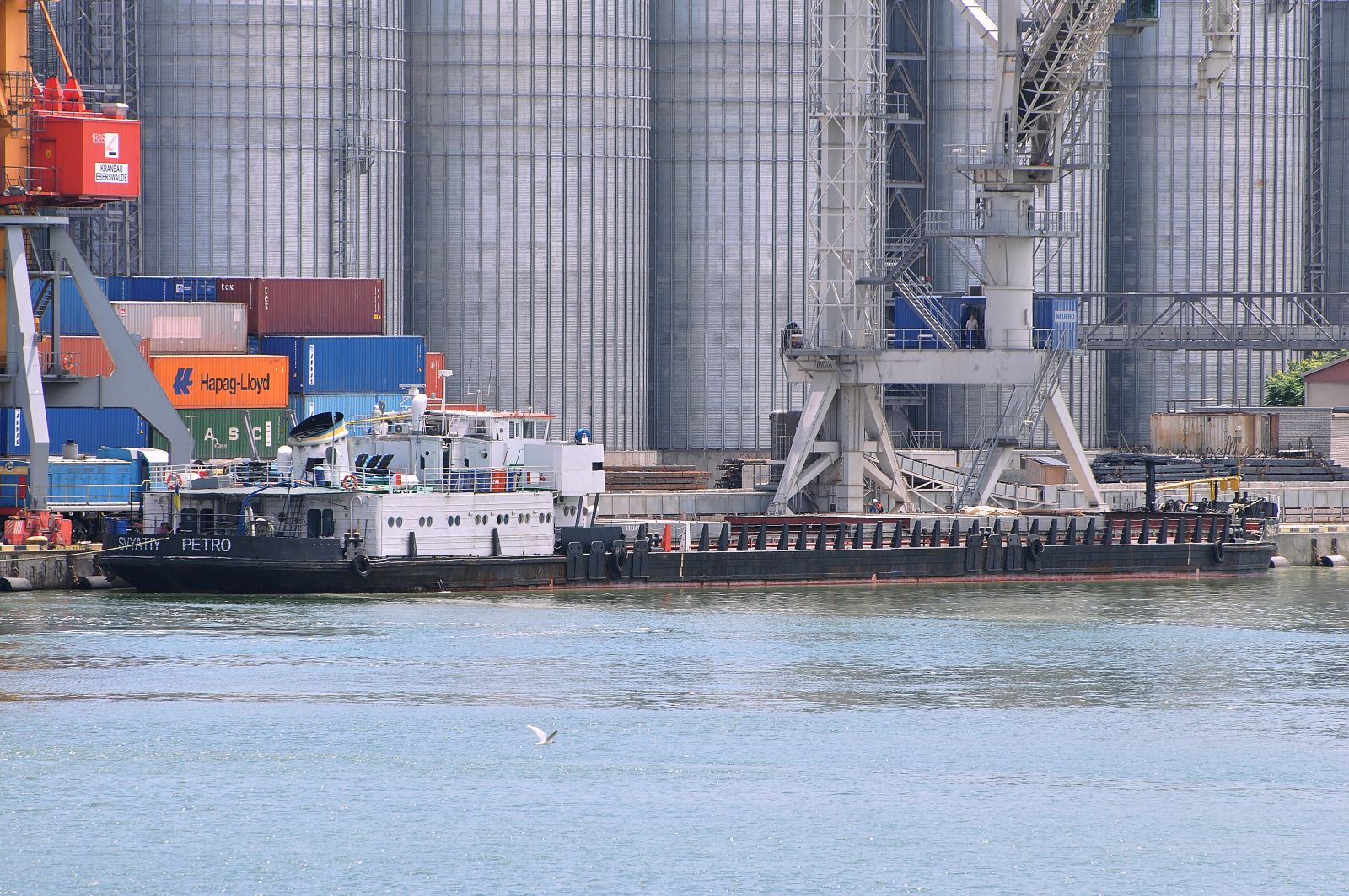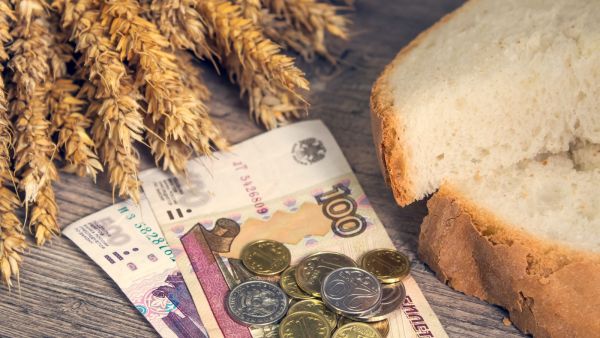ALBAWABA – Russia may not be interested in extending the grain export agreement, which expires in July, according to a statement by the Foreign Ministry, Monday.
The statement said, as carried by Russian news agency TASS, that the government does not see any prospects for extending the agreement.
Yesterday, the United Nations (UN) Food and Food and Agriculture Organization (FAO) announced that food supply chains have begun to recover, as the food costs index has fallen its lowest level in two years.
Russia discontinuing the grain export agreement may have significant implications on the global food market.
The agreement was concluded July 2022 and it organizes the exportation of grains through the Black Sea.
Notably, the Black Sea territory has become more volatile with the breakout of the Russia-Ukraine war.
The Initiative on the Safe Transportation of Grain and Foodstuffs from Ukrainian ports, also called the Black Sea Grain Initiative

Last week, a source close to the grain export agreement talks told Reuters that the UN had suggested that Kiev, Moscow and Ankara prepare for the transfer of Russian ammonia through Ukraine. The UN is trying to save the agreement, Bloomberg underlined.
The source added that the UN wants to discuss expanding the agreement to include more Ukrainian ports and other shipments, in conjunction with the start of that preparatory work.
Ukraine and Turkey agreed to the new proposal, the source confirmed to Reuters, but Russia has not yet responded.
Russia has repeatedly warned that the agreement to export Ukrainian grain through the Black Sea ports is threatened with collapse.
The Russian government insists that the UN agreement with Moscow is fulfilled to remove obstacles to Russian grain and fertilizer exports.
In turn the Ukrainians have announced their readiness to continue exporting grain through the Black Sea within the framework of an “alternative plan,” without Russia’s support, Minister of Agriculture Mykola Solsky said. That is if Moscow does discontinue the current agreement or in the event of its collapse.







